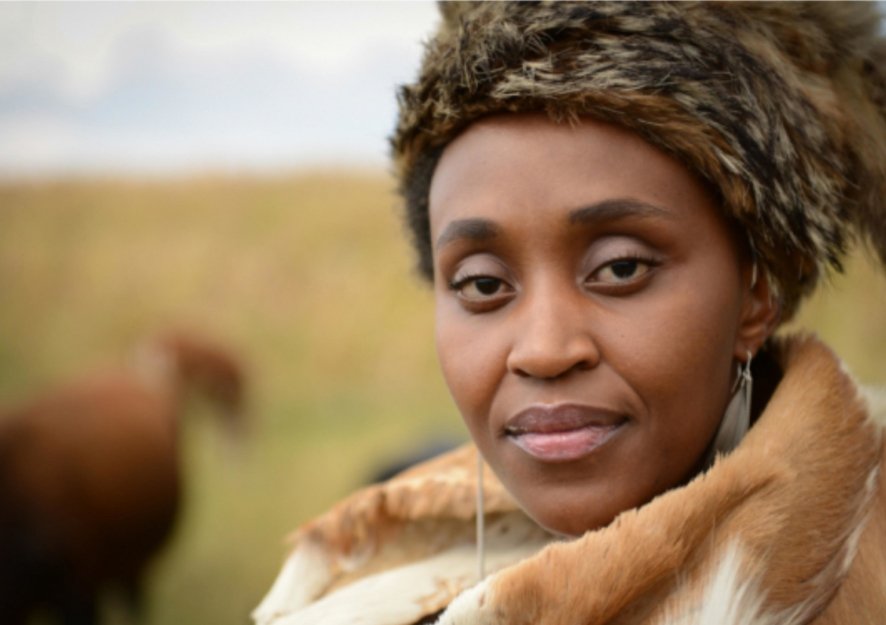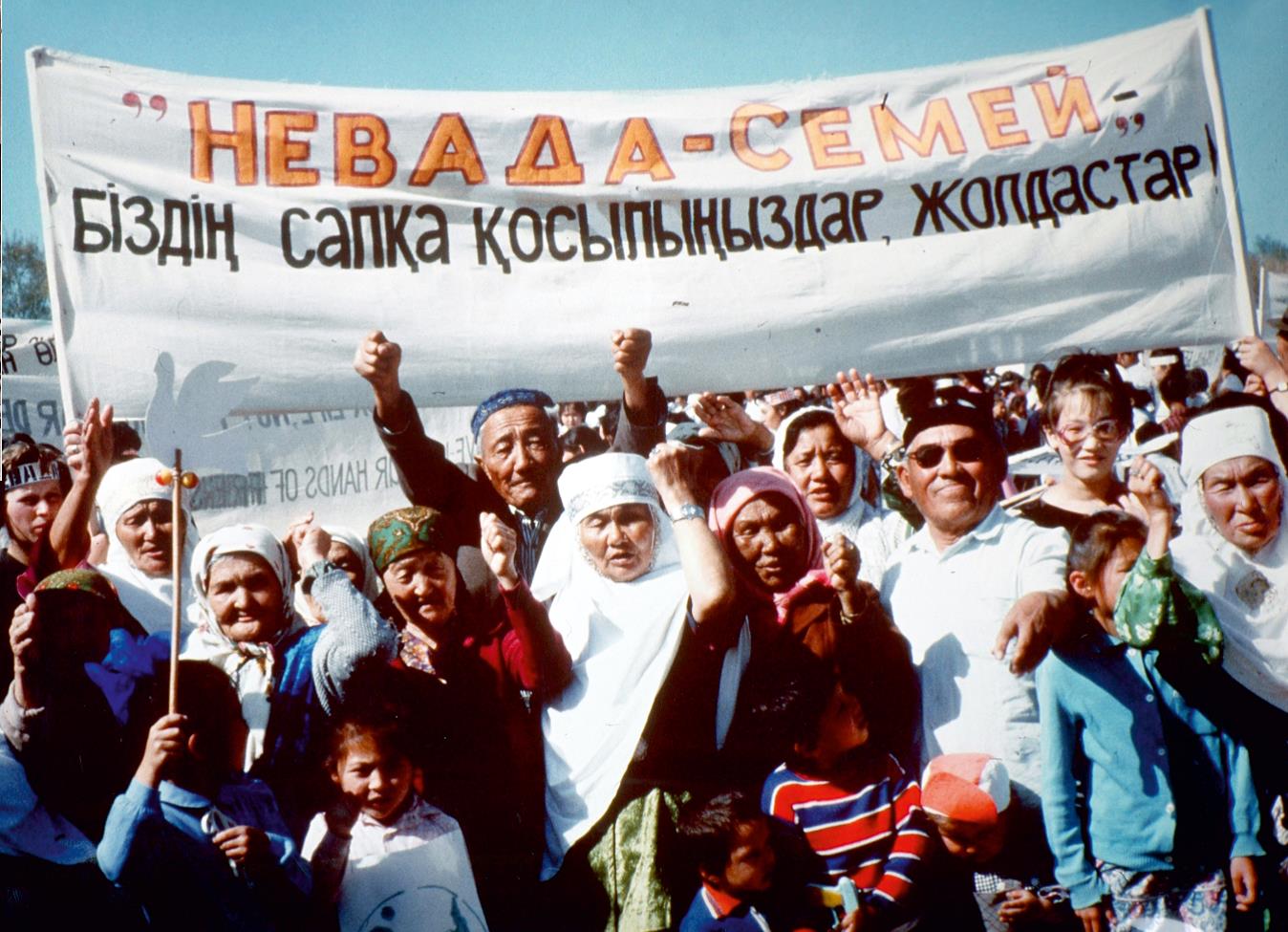US tightens clampdown on Syria aid
The US government has reinforced “counter-terrorism” controls on aid operations in Syria. New contractual terms require US-funded organizations to get special permission to provide relief in areas believed to be controlled by extremist groups. The move further complicates aid operations for those trapped in Syria’s last rebel stronghold, Idlib, where two thirds of its three million people urgently need assistance. (Photo of Aleppo ruins from UNHCR)




